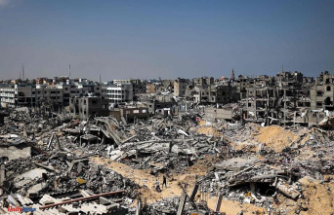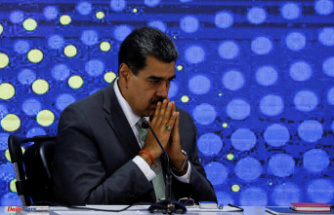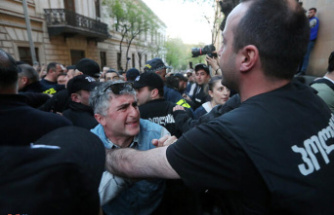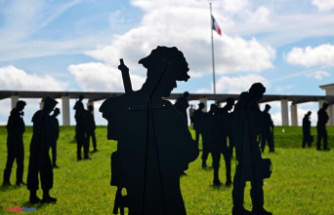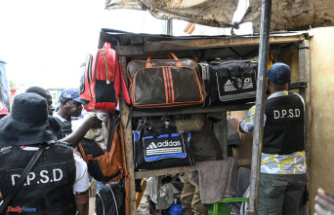Toure stated in August 2017, "I'm in Libyan prison," in the August 2017 call. "They will execute me if I don't pay 2,500 dinars within 24 hours."
Toure's family quickly transferred $550 to free him from the Libyan government detention center. Toure was not released. Instead, he was sold and kept in slavery for four years.
Toure is one of the tens of thousands who have suffered torture, sexual violence, and extortion by guards at Libyan detention centers. This center is a major hub for migrants fleeing poverty, wars in Africa, and the Middle East in search of a better life in Europe.
The 25-year old Guinean and two dozen other migrants spoke to The Associated Press aboard Geo Barents, a rescue ship operated by Doctors Without Borders in Mediterranean Sea off Libya. Over the past four year, most had been detained in western Libyan trafficking warehouses or government detention centers.
These 60 migrants fled Libya in two unsuitable boats on Sept. 19, and were rescued by the Geo Barents a day later. The AP also received testimonies from many other migrants collected by the aid group MSF in recent months.
Since 2015 , the European Union has sent 455 millions euros to Libya. These funds were largely channeled through U.N. agencies. They are aimed at strengthening Libya's coast guard and strengthening its southern border.
According to a 2019 AP report, however, large sums were diverted to traffickers and militiamen who exploit migrants. Coast guard officers are also complicit in turning migrants captured at sea to detention centers, either under agreements with militias or demanding payment to allow others to go.
This practice is not stopping and U.N.-commissioned inspectors stated in a 32-page report last week , that "policies to push migrants back into Libya to keep them away European shores eventually lead to abuses", including possible crimes against humanity.
Many thousands of migrants have crossed Libya to reach Europe. A lucrative trafficking industry has thrived in Libya, a country that is without a functioning government and split over the years between rival administrations in both the east and west. Each of these administrations was backed by foreign governments and armed groups.


